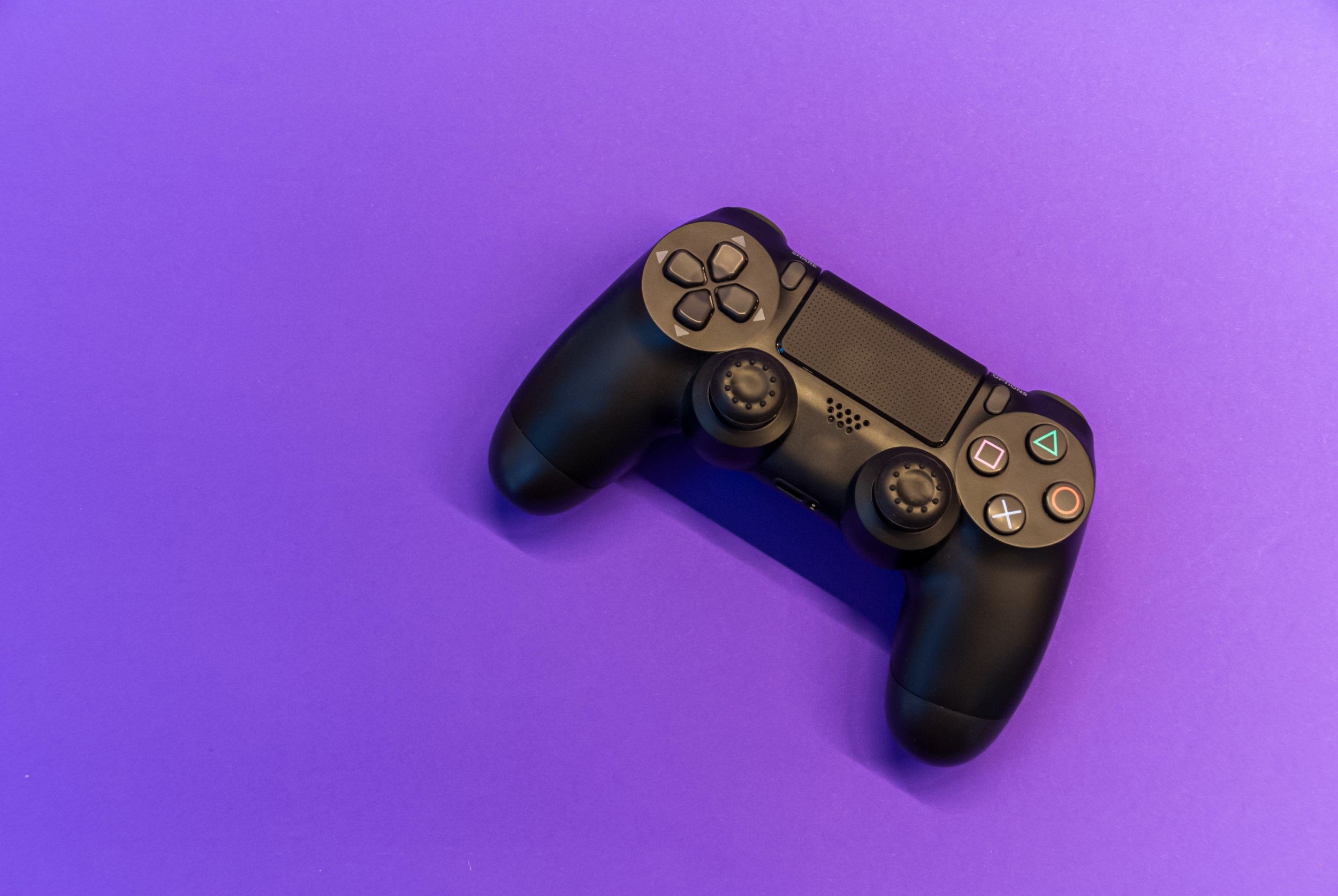Researchers at the University of Victoria have tapped into a booming gaming industry to help improve brain function and cognitive abilities in children with disabilities.
A team at UVic, building on years of study, have partnered with the private sector to create Dino Island, a video game that takes children with neurodevelopment disabilities on a tour of a fictitious, digitized island where they face a progressive series of challenges in the hopes of improving their brain function.
According to Sarah Macoun, principle investigator with the Dino Island Intervention Project, which includes Calgary’s Uncomplicated Family, Surrey’s HealthTech Connex’s Centre for Neurological Studies, and the Child Development Foundation of B.C., the game has been designed to improve attention, sustain focus and executive function — the brain activity that regulates things like a person’s inhibitions, brain flexibility and the ability to self-regulate thinking.
“We know that those abilities are universally impacted in children with all neurodevelopmental disabilities, brain injuries or chronic health problems,” said Macoun. “And if not addressed early on they can lead to secondary problems.”
Macoun said the idea is to help children with special needs reach their potential by improving and training their brain function through a fun and challenging game.
“We know if the intervention is engaging people are more likely to do it,” she said, adding if the game is interesting it can drive change faster.
Dino Island includes five “serious” video games — those that are designed for therapeutic results and not just pleasure or entertainment — that adjust themselves to the player’s success or failure in order to keep them motivated and challenged.

